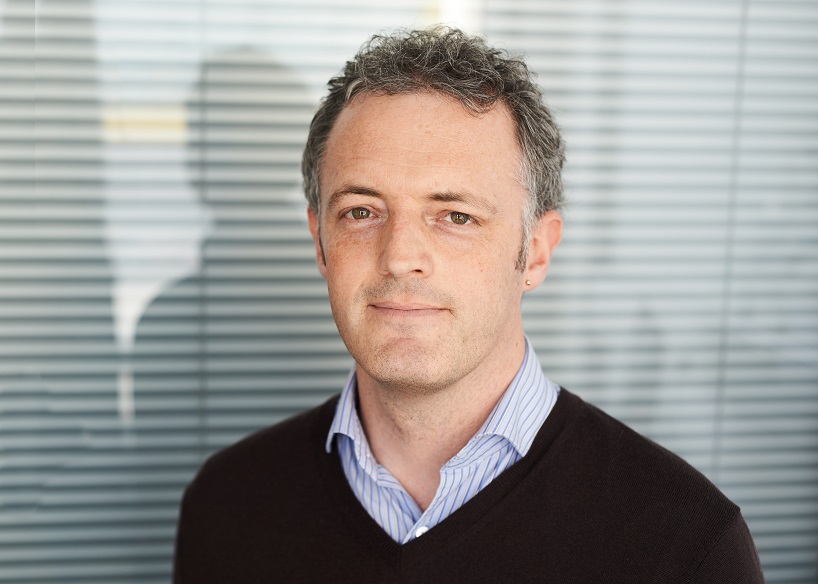Dr Jonathan Coxhead
Facility Manager
My Newcastle University journey began as a BBSRC funded PhD in 1999 at the Human Nutrition Research Centre and this led to my first postdoc role investigating the ‘Influence of MLH1 gene on anti-neoplastic effects of Resistant Starch’.
My next role had a direct impact in shaping the career I have now. Working with Prof Sir John Burn I set-up a next-generation sequencing (NGS) lab and was part of the team that established NewGene, a PLC partnership between the Newcastle upon Tyne Hospitals NHS Foundation Trust and Newcastle University. I was Senior Scientist at NewGene from 2006 until 2012 and I am proud of my contribution that helped pioneer the development of NGS based molecular diagnostic testing in the UK during that time.
I then joined the NIHR BRC in Ageing and Chronic Disease and in 2016 I established and now manage the MRC funded Genomics Core Facility here in the Faculty. The Facility supports genomic based research at the University, making sure colleagues have access to the best technologies, methods, and applications. It’s a great position to be in - I get to communicate about genomic technologies with a lot of different people every day!

What does the role of Facility Manager involve?
It’s a diverse role. On a practical level as a Facility Manager I manage a team, assets, projects, and budgets. I contribute significantly toward grant application support and publications, both directly and indirectly. Communication is important. Marketing the facility’s services to academics and industry, speaking to technology companies and pro-actively networking with others in the genomics and sequencing community; this all helps maintain the University’s profile in genomic research. This accumulated knowledge in-turn feeds into the teaching I’m involved in. The team manage multiple projects at once so there is a lot of forward planning involved with the ability to be flexible as the world of scientific experiments don’t always run to plan. My team and I work hard to sustain service development and innovation alongside providing high quality outputs. It’s a balance.
Are there any transferrable skills you learnt as a post doc researcher that you still use today?
You learn a lot in your PhD; scientific rigour, project and resource management, and oversight on things that are simple, but important, like working with students and conducting training etc. A post-doc is very much an extension on this but with some accumulated experience and therefore more responsibility. It’s also a time when you start to build your own network and learn the importance of collaboration. My experiences in the two posts previous to this were really useful in preparing me for the role I have now. At NewGene I had insight into how a company is established and led, the importance of branding, marketing, costing, negotiating, and influencing. I also learnt a lot about recruitment and building a team. In my role in the BRC I had oversight on coordinating some very large multi-centre projects, which involved tendering services and working with the University’s procurement team.
What advice would you give anyone starting their career in research in FMS?
If I was to offer advice I would say be resourceful; if something goes wrong, learn from it because very little is learnt from things going right.
“Critical to helping me has been the availability of good advice from more experienced colleagues. This is hugely important at all stages, but never more so than at the beginning of your career. You may be surprised by how happy people are to help"
Conferences and meetings are an important part of personal development with respect to networking and learning new methods. One of the best things I did was attend an international NGS conference in the USA in 2007. It gave me the confidence and opportunity to work with new technologies and create career long relationships.
What are your long term career ambitions?
Not too long after setting up the Genomics Core Facility, I did think, what’s next? With a family happily settled in the North East my focus remains on expanding and developing the facility. My aim is for the facility to be completely self-sustaining. NGS technologies are still new and development is speeding up rather than slowing down so there’s still so much to do to ensure the next generation of genomic technologists are trained and ready.
